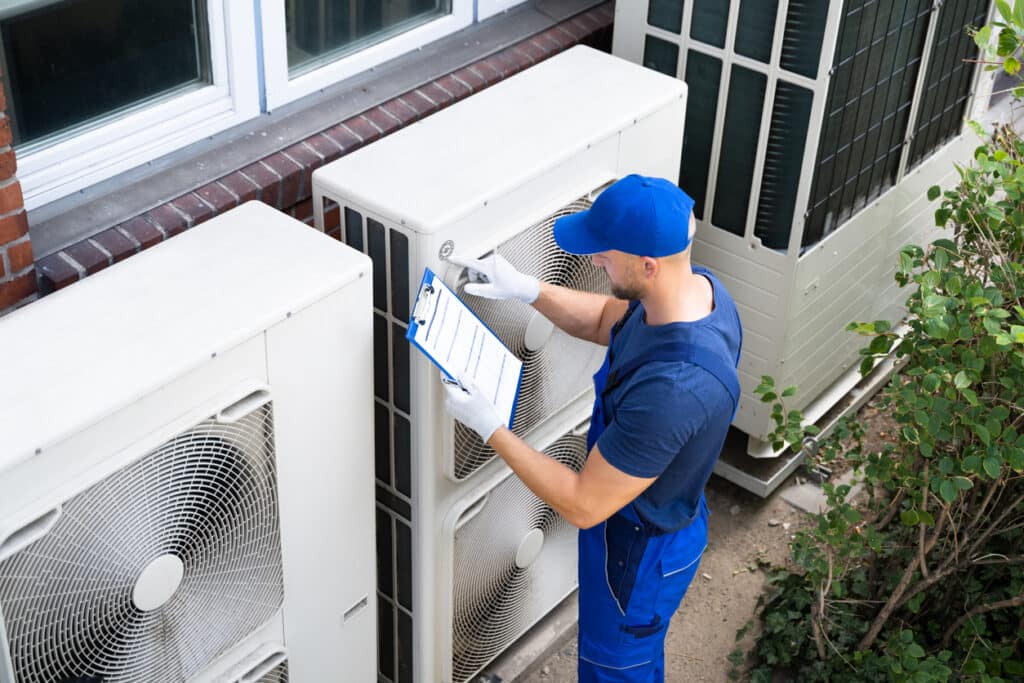Your HVAC (heating, ventilation, and air conditioning) system is crucial in sustaining a comfortable indoor environment. However, unexpected emergencies can occur, leaving you uncomfortable and facing costly repairs. Taking proactive measures and implementing regular maintenance can significantly reduce the risk of HVAC emergencies. Explore some essential steps to keep your HVAC system running smoothly and avoid a crisis.
1. Regular Professional Maintenance
One of the most effective ways to prevent HVAC emergencies is to schedule regular professional maintenance. Hire a licensed HVAC technician to inspect and service your system at least once a year. During the maintenance visit, the technician will clean the components, check for potential issues, lubricate moving parts, and ensure that your system is operating optimally. Regular maintenance helps identify and address minor problems before they escalate into significant issues.
2. Air Filter Maintenance
A clean and well-maintained air filter is essential for the proper function of your HVAC system. A clogged or dirty filter restricts airflow, leading to strain on the equipment, reduced efficiency, and even failure. Regularly check and clean or replace the air filter. This simple step can go a long way in maintaining the performance and longevity of your HVAC system.
3. Clearing Debris and Vegetation
Ensure that the area around your outdoor HVAC unit is free from debris, such as leaves, twigs, and grass clippings. Blocked airflow caused by debris can strain the system and lead to malfunctions or breakdowns. Keep vegetation trimmed away from the unit to allow proper airflow and prevent potential damage.
4. Monitoring Thermostat Settings
Properly managing your thermostat settings can help prevent HVAC emergencies. Avoid drastic temperature changes, and set your thermostat to a consistent and energy-efficient temperature. Sharp temperature fluctuations can put unnecessary stress on the system and increase the likelihood of malfunctions. Additionally, consider using a programmable or smart thermostat to optimize energy usage and reduce the strain on your unit.
5. Awareness of Warning Signs
Be attentive to any warning signs indicating potential HVAC issues. Unusual noises, strange odors, frequent cycling on and off, or inconsistent heating or cooling are indicators that something may be wrong with your system. If you notice any of these signs, don’t ignore them. Contact a professional HVAC technician to diagnose and address the problem promptly, preventing it from escalating.
6. Adequate Ventilation
Ensure that all vents and registers are clean and unobstructed. Blocked ducts can disrupt airflow, causing uneven temperature distribution and unnecessary strain on your HVAC system. Regularly check and clean the vents to ensure optimal airflow throughout your home or office.
Conclusion
Taking these proactive measures can significantly reduce the risk of HVAC emergencies, enhance the performance of your system, and prolong its life span. Maintenance is critical in keeping your HVAC system reliable and ensuring year-round comfort.
Contact Prime HVAC in Dothan, AL, today for professional HVAC repairs and advice.

